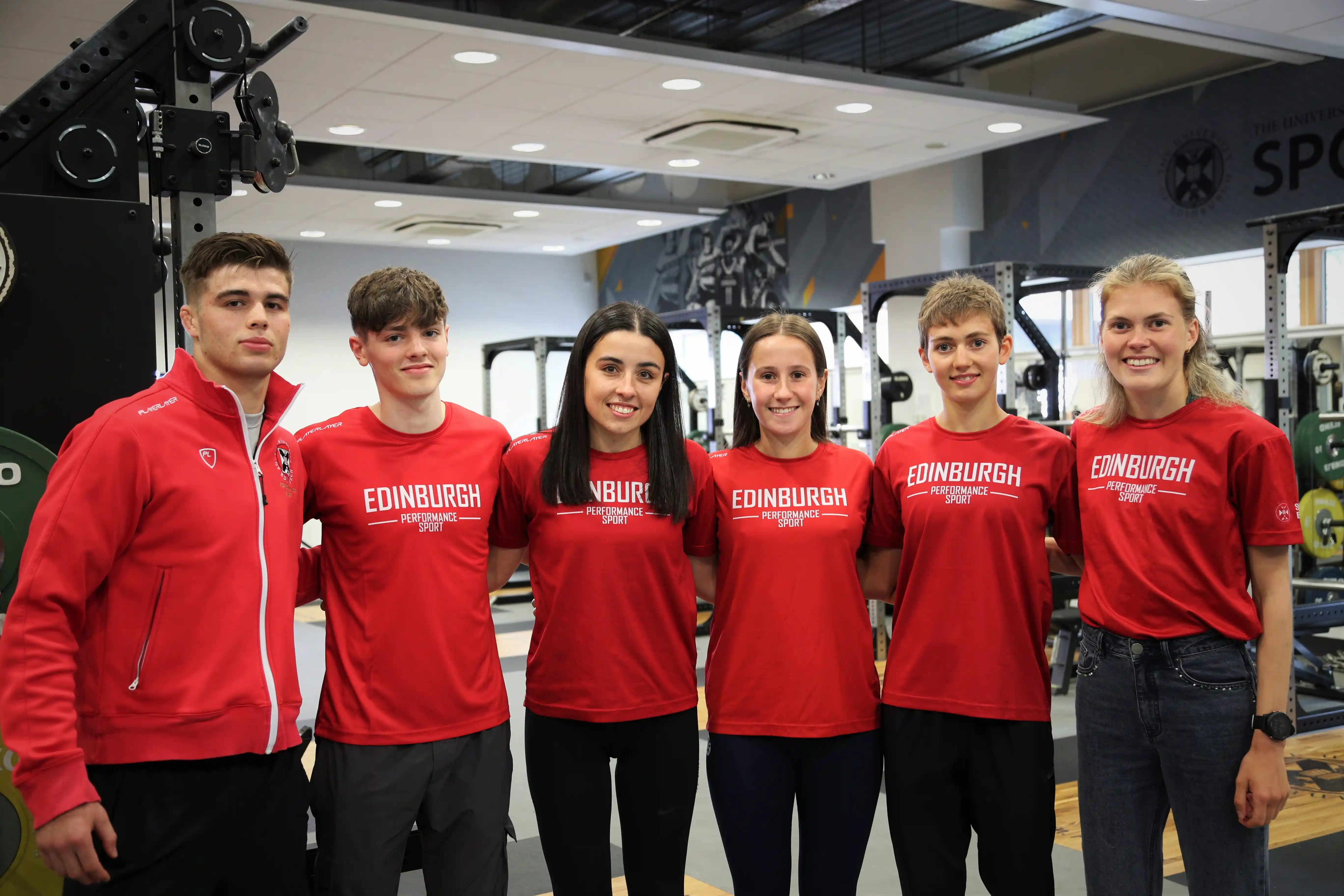
APPLIED SPORTS SCIENCE
Overview
Applied Sport Science is the study of human responses to sports. It is an interdisciplinary study of biomechanics, sports psychology, and sports physiology that emphasises applying theory to practice. Applied Sport Science (Top-Up) aims to equip its graduates with professional expertise.
This course is tailored to meet the needs of the growing Sports industry. Graduates develop diverse skills to succeed in various roles, including Sports psychologist, data analyst, trainer, etc.
Throughout the course, the graduates study the application of scientific principles to promote, maintain, and enhance sport and exercise-related behaviors. After graduating, understand the factors influencing participation and performance in sport and exercise.
Objectives
- Develop a solid foundation in key areas such as physiology, biomechanics, and psychology, and enable skill acquisition in these fields.
- Emphasise the practical application of theoretical knowledge to real-world scenarios in sports and exercise settings.
- Nurture the ability to conduct research, including data collection and analysis, to conduct evidence-based practices in sport and exercise science.
- Provide hands-on experience through internships, placements, or practical modules to prepare students for careers in the sport and exercise industry.
- Explore the role of exercise and physical activity in promoting health and enhancing athletic performance through sustainable interventions.
Prerequisites
- High School Diploma or Equivalent
- Some programmes prefer or require prior study in science-related subjects such as Biology, Human Biology, Chemistry, Mathematics, Physics, Psychology, or Physical Education.
- English Language Proficiency (IELTS or TOEFL)
Curriculum Outline
- Exercise Physiology
- Independent Academic Development
- Anatomy
- Introduction to Biomechanics
- Kinesiology
- Professional Skill Development and Application
- Sport and Exercise Behaviour
- Applied Sport and Exercise Psychology
- Human Movement and Skill Acquisition
- Nutrition
- Physiology of Health and Performance Testing
- Learning in the Workplace I & II
- Study Abroad
- Enhancing Performance
- Sport and Exercise in Public Health
- Exercise Programming and Delivery
- Research Concepts in Sport and Exercise Science
- Pathophysiology and Exercise
- Athlete Monitoring and Support
- Strength and Conditioning
- Exercise Prescription
- Research Project
- Contemporary Debates in Sport and Exercise Science
- Applied Professional Development
- Performance Training for Sport
- Sport and Exercise Rehabilitation
- Performance Analysis
Teaching Method
- Lectures and Seminars
- Practical Laboratory Sessions
- Workshops and Practical Classes
- Research Projects
- Case Studies
- Guest Lectures and Industry Experts
- Peer Learning
- Simulation-Based Learning
- Reflective Practice:
Modules
- Applied Sport Science
- Dissertation for Sport and Exercise
- Methods of Enquiry in Sport and Exercise
- Physical Education and School Sport: Providing Opportunities for Physical Activity
- Physiology and Psychology of Exercise and Health
Assessment Methods
- Practical skills assessments
- Written assignments
- Oral assessment
- Practical skills assessments
- Presentations
- Reflective logbooks
- Case studies
- Critiques of literature
- Written assessments
- Examinations – both multiple choice and essay questions
- Reports, Peer and tutor observations
- Dissertation
- Web pages
- Reports
Course Duration
The BSc in Applied Sport Science typically takes 3 to 4 years to complete, depending on the country and university. In the UK it takes 3 years to complete the course. Some universities also offer part-time or online courses, which may take 4–6 years depending on study pace.
Facilities
- Teaching and Learning Centre
- Sport and Exercise Science Lab
- Library
- Sports facilities
- biomechanics lab and equipment
- environmental and human performance lab
- games halls
- physiology lab
- project lab
- psychology lab
- strength and conditioning performance gym
- swimming pool
Career Pathways
- Secondary school PE teacher
- Primary school teacher
- Exercise referral specialist
- Sports development officer
- Head coach
- Performance analyst
- Health promotion specialist
- Researcher
- Lecturer
- Sports Manager
- Outdoor adventure coach
- Clinical cardiac physiologist
- High-performance physiologist
- Biomechanist
- Nutritionist
- Performance Analyst
- Sport scientist
- Fitness instructor or personal trainer
- Strength and conditioning coach
Fees and Fundings
The fees for BSc in Applied Sports Science is £9,250 per year to £30,000 per year worldwide. In the UK, for domestic Students: pay starts from £9,250 per year, whereas for international students the fee ranges from £16,000 to £25,000 per year or more.
Entry Requirements
- GCSE English and Maths grade C / 4
- A foundation degree in sport science or a related area
- Pass of an HND course in sport science or related area
- IB Diploma
Field Work and Internships
Many course providers include field placements and internships as part of their academic programmes. For example, the University of Edinburgh offers opportunities for workplace placements or research attachments with external organisations like Sportscotland. Nottingham Trent University also includes field placements in sports clubs, schools, and fitness centers.
Certifications
- UKSCA Strength and Conditioning Certification
- BASES Accredited Sport and Exercise Scientist
- ISAK Anthropometrist Certification
- UKAD Anti-Doping Education
- UKSCA Accredited Strength and Conditioning Coach
- Certified Performance and Sport Scientist (CPSS)
- ACSM Certified Exercise Physiologist (ACSM-EP)
- ISSA Sports Science Specialist
- ACE Sports Performance Specialist
- Science for Sport Level 4 Certification
Intakes
The intakes for BSc in Applied Sports Science follow the academic calendar of the university. Intakes might vary depending on the institution. Most UK universities offer two primary intakes, 1. September/October Intake (Autumn) and 2. January/February Intake (Spring).
Student Testimony
Before starting at Moray House, I was fulfilling my national service responsibilities with the Republic of Singapore Air Force. I had just graduated with a Diploma in Sport and Exercise Science from Republic Polytechnic before that-Mason Tan, University of Edinburgh
Frequently asked questions
Through advanced professional knowledge and techniques, Sports Scientists improve health or help recover injury through exercise and fitness. They also participate in research projects and co-engineer the design and manufacturing of sports equipment.
